Change language:
Five wonderful mills in Hungary

There was a time when owning a mill was not only acknowledged, but also provided a good way of earning money, say magyarmuzeumok.blog.hu. Until today the number of mills has rapidly decreased and most of them function as museums.
Yet, if so, it is clearly worth visiting these places, because we can get to know how they operated and what roles they played back in the days, and also because there is something romantic in visiting a place where these mills are still working and listening to the gentle gurgling of the water.
In the second half of the 19th century, 13,500 watermills and ship mills could be found in Hungary, but the economic development dished the chances of the miller profession, so this craft slowly died out in the country, which resulted in the decay of the mills as well. Wikipedia lists around 155 mills of this kind, only 1 per cent of which is more than 150 years old, although the list is not complete.
Here are only five of them to arouse the interest and recommend some great programs. More information can be found on malmok.hu, patakmalom.shp.hu and Wikipedia.
Schulter mill – Velem
The mill of Velem has been standing in the region Őrség since 1568, first as a property of the Batthyányi family, then of the Sibrik family before it was torn down in 1913 in order to be reconstructed in 1919. Some also call it the mill of Rit, Réty, or Rét, but also Schulter – or Sulter – mill. It was taken into public ownership in 1950, then in order to save the building it was declared an industrial monument and its renovation started in 1980. The mill is still in running order today, and every now and then a presentation is given on how the mill looked like during its operation once.
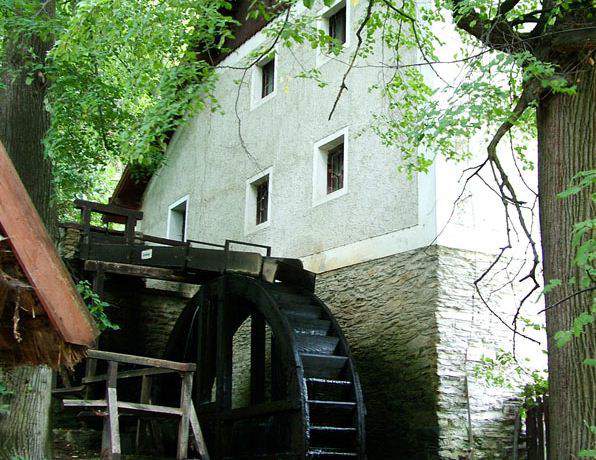
Photo: velem.hu
Watermill of Muzsaj – Röjtökmuzsaj
The watermill built by György Széchenyi is from the 17th century, its speciality is that one third of the mill is built on piles like the houses of Venice, Italy. After changing owners a few times it became the property of the Bausz family, but despite the many developments, it finished to mill grain in 1951. After the death of the owner the mill became the property of the owner of the caste. Today an inn and a museum are operating inside.
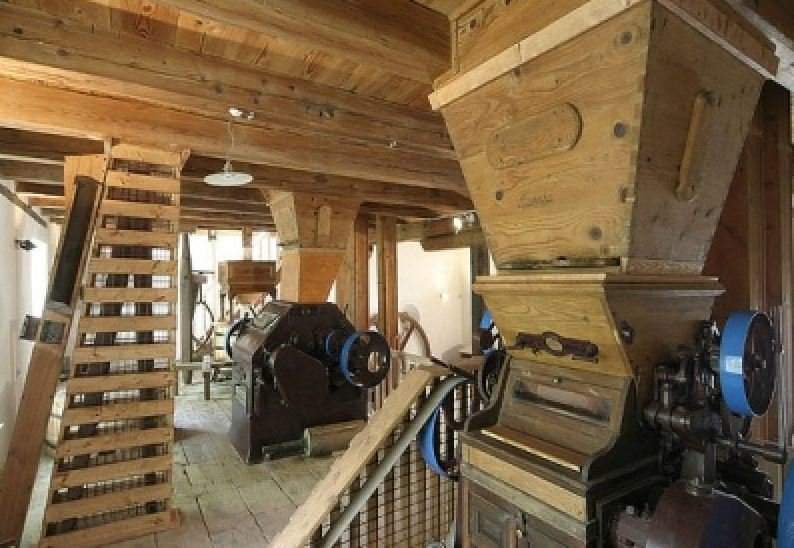
Photo: osztalykirandulas.hu
Watermill of Túristvándi
One of the oldest and most famous mills of Hungary is the watermill of Túristvándi, which was already mentioned in 1181, although it is not entirely clear whether those writings are about a watermill or about an ordinary one. A good 150 years later, however, it is mentioned as a watermill. The mill was owned by the Kölcsi, Kölcsei, then the Kende family of Kölcs from 1344 up until 1944. It survived the great wars and although it suffered huge losses, it could be renovated between 1963 and 1977, thus this uncommon building can be visited today.
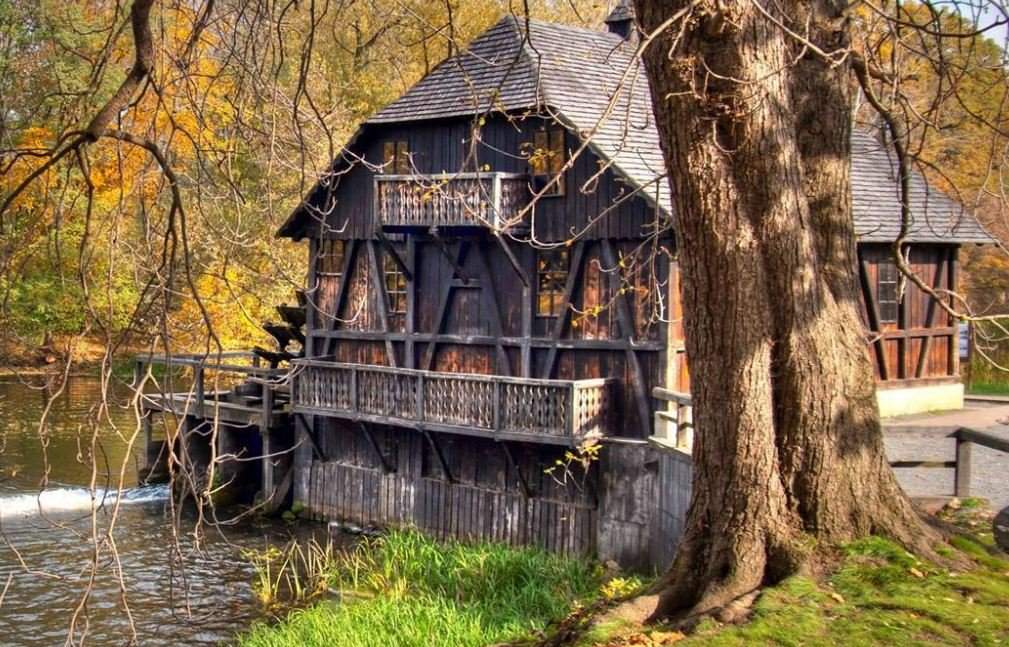
Photo: blog.megálmodtalak.hu
Ship mill of Ráckeve
Visiting a mill does not necessary mean going far away from Budapest. This mill allows us to inspect the history of the river mills instead of stream mills. Hoewever, the mill of Ráckeve was constructed in 2006 because all the earlier ones were destroyed, mainly because of the ice-floes. The mill of today was reconstructed on the basis of written records, photos and drawings, therefore it became authentic and cherishes the memory of the building where our ancestors have worked for many hours every day.
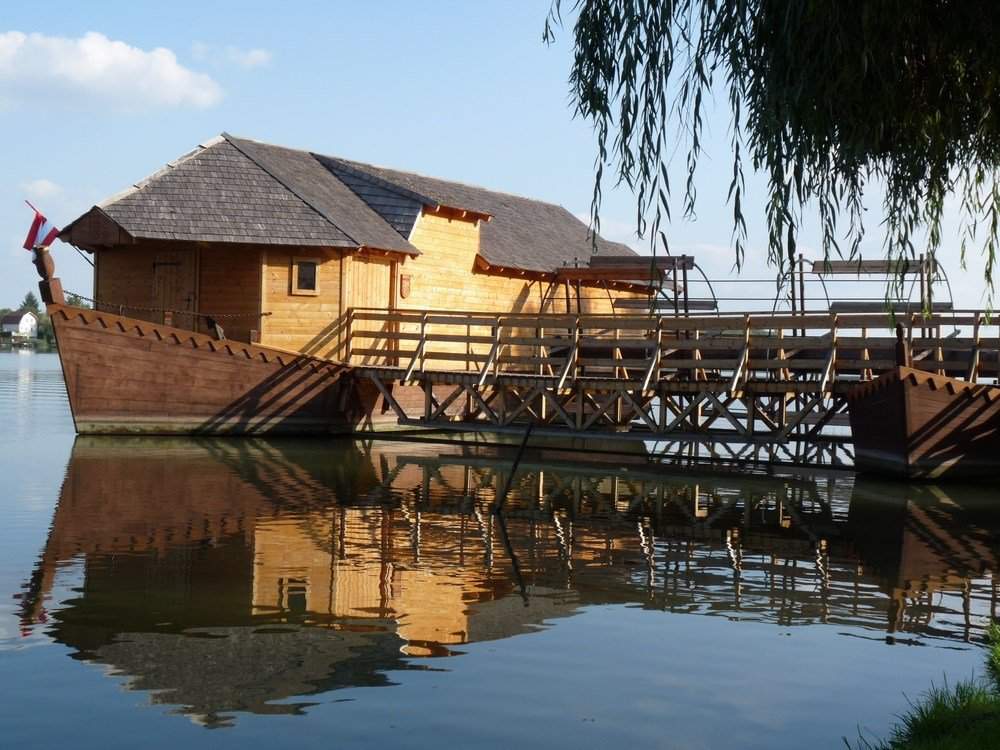
Photo: hajomalom.rackeve.hu
Watermill – Nagybörzsöny
The Antal-type watermill built in 1851 got the energy to mill from the Börzsöny stream, and it was not only a mill but also a stable. Just like the others, it was in running order until the middle of the 20th century, but only the people of Börzsöny used it in the summer and early autumn when it milled 12-16 quintals a day. Today it is only a beautiful memory of those days, at present an exhibition about the milling industry can be found inside.
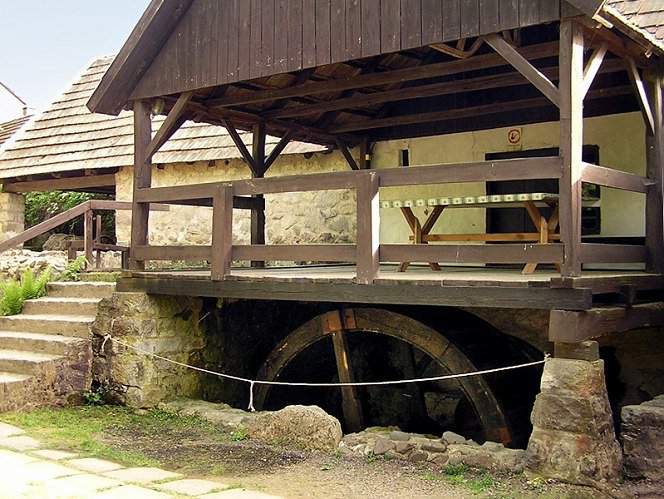
Photo: turistamagazin.hu
Ce: bm
Source: magyarmuzeumok.blog.hu








Csak a helyes használat érdekében szeretném jelezni, hogy a harmadik képen látható település pontos neve Túristvándi és nem Túristvánd…
Köszönjük, javítottuk 🙂
Csak a helyes használat érdekében szeretném jelezni, hogy a harmadik képen látható település pontos neve Túristvándi és nem Túristvánd…